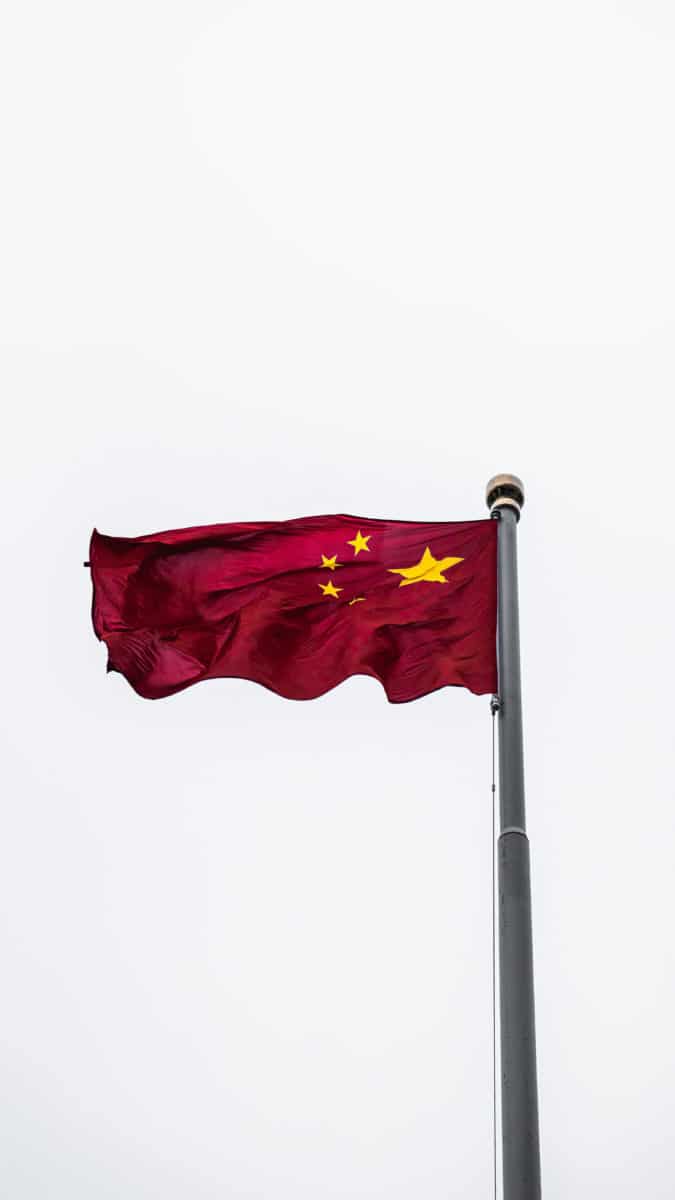Well, who now? Just last week, Revolut was named the most valuable Fintech in Europe, with a funding of 500 million dollars and a valuation of around 5.5 billion dollars. Barely seven days later, the British company has already been pushed from the throne again. The Swedish payment service provider Klarna could now climb the top step of the podium again.
The most valuable Fintech in the world, Ant Financial, a subsidiary of the Chinese technology giant Alibaba, has joined the company as a shareholder and has acquired a minority stake in the Swedish company. There was no information given about the size of the stake, but it is less than one percent.
Let us remember: Klarna already put the crown on herself last year. In August 2019, the Swedes collected 460 million dollars and after this financing round it was last valued at 5.5 billion dollars. Klarna was founded in 2005. Among the investors are:

- the venture-capital firm Sequoia Capital
- Australia’s largest bank, the Commonwealth Bank of Australia,
- Bestseller Group,
- Atomico,
- VISA
- Permira
- Snoop Dogg, as part of the marketing is also the most prominent signboard and testimonial for Klarna.
And these are the customers:
Klarna now works together with over 200.000 retailers and e-commerce platforms worldwide, including:
- AliExpress
- H&M
- ASOS
- Expedia Group
- IKEA
- Farfetch
- Adidas
- Spotify
- Samsung
- Nike.
In 2019, over 75,000 new retailers were added. The company currently employs over 2,700 people in 17 countries.
In 2014 Klarna took over Sofort GmbH; in 2017 the acquisition of Billpay GmbH followed. In the middle of this year, the payment service provider also announced the opening of a competence center for innovation in Berlin. Just today, Klarna announced the cooperation with Wirecard. The cooperation means that Wirecard and Klarna complement each other in their offerings: Klarna’s retailer base will be expanded by the existing and future Wirecard retailer pool. Klarna can thus continue to grow as a popular consumer brand and offer its customers a smooth shopping experience when paying with Klarna. Wirecard integrates all three Klarna payment methods via a single integration into the merchant’s checkout and handles all payments. The option is currently available in nine countries, with further countries to follow during this year.
How does the Payment & Banking team rate the transcontinental liaison?
Jochen Siegert
Why does a Chinese giant invest less than one percent in a European Fintech? It’s not the money – Ant could swallow Klarna as a whole. One percent is also not a real „financial investment“ – Ant doesn’t even notice a possible return in the balance sheet if the future value of Klarna is multiplied by a factor of x.

Is it about the transfer of knowledge from Europe to China? I don’t think so, if you look at how much further Ant Financial is in China at product level and scaling. In the end, it is therefore a clear and unambiguous signal: Ant will not focus on Asia and India in the medium term. We Western countries have long since moved into the expansion focus. The alarm bells among the established suppliers here, who are primarily concerned with themselves instead of the customer – keywords #DK and PEPS-I, should be shrilling. Fast marketable products for the customer.
Kilian Thalhammer
It fits into the strategy of Ant Financial – to invest in B2C oriented payment companies of a certain size in the central regions. The Chinese have already proven this approach with their investment in the Indian PayTm. So, seen in this light, it is no surprise and now finally the proof that the old reassurance thesis „They won’t come to Europe“ has always been nonsense.
But Klarna has probably closed the door for other investors now. Unless the IPO is prepared at some point. Hard to predict where this is going. I don’t believe in the cross-market entry in China and I don’t believe that Ant Financial needs Klarna’s technology and product know-how – Ant Financial is further ahead. It is a strong position compared to Paypal, but whether the entry was necessarily conducive to entering the American market?
Maik Klotz
Klarna is not only at the moment the most valuable Fintech in Europe but also one of the Fintechs with the most remarkable development in recent years. Klarna’s focus on both the retailer and the consumer is impressive and shows how important user-centered development is. In this sense Klarna solves problems on many fronts – with the retailer and the customer and has also created an ecosystem that offers added value to all protagonists.
I still believe that Klarna makes life harder for giants like Paypal in the long run. While Paypal can lose market share, Klarna can only win. Even though Klarna CEO Sebastian Siemiatkowski explained that his company has no interest in entering the Chinese market, the cooperation with Ant Financial or Alipay certainly does not hurt.
„While Paypal can lose market share, Klarna can only win. „
On Aliexpress, the e-commerce shop of Ant Financial, you have been able to pay with Klarna for quite some time. You don’t need a lot of imagination to think about what else might come. It remains exciting
Nicole Nitsche
The mobile wallet-subsidiary of Ant Financial, Alipay, had already worked with Klarna and had embedded its payment platform in Alibaba’s own AliExpress in order to offer financing to users of the e-commerce website. The partnership with Ant Financial can therefore probably only deepen the ongoing cooperation with Alipay or expand new opportunities.
With the help of the cooperation, the already powerful financial service provider from China can of course also expand further on the international stage by giving Alibaba users access to Klarna’s „Pay Later“-service. The digital wallet of Alipay is already one of the country’s most popular means of payment along with WeChat Pay, so a participation can only play into their cards to further strengthen and expand their platform internationally. Klarna is also sure to profit from this liaison, not only financially.






